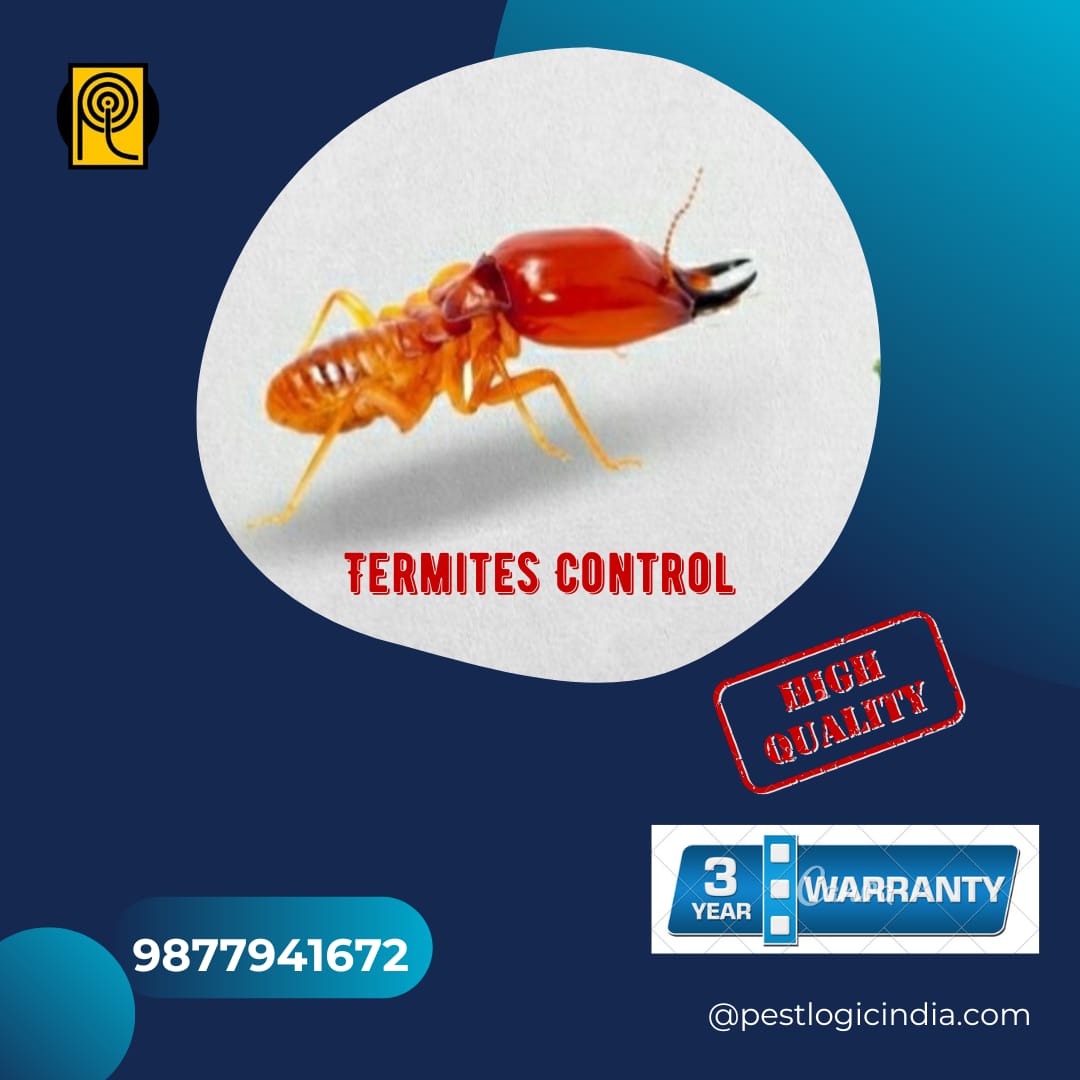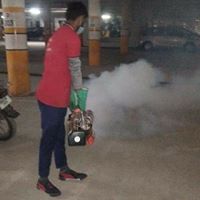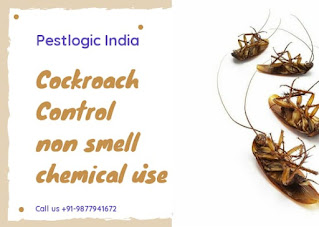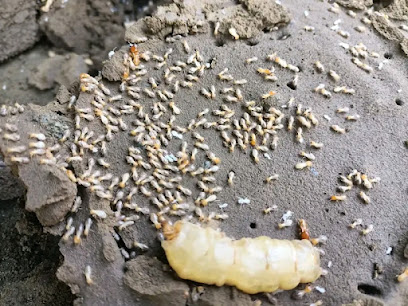SOP for Rodent Control in Warehouse
Contact for Rodent Control in Warehouse - +91-9877941672
A Standard Operating Procedure (SOP) for rodent control in a warehouse is crucial to ensure a systematic and effective approach. Here is a general outline you can use as a guide for developing your SOP:
SOP for Rodent Control in Warehouse
1. Introduction
Objective:
- Clearly state the objective of the SOP, which is to establish guidelines and procedures for effective rodent control in the warehouse.
Scope:
- Define the areas within the warehouse that are covered by this SOP.
2. Responsibilities
Warehouse Manager:
- Outline the responsibilities of the warehouse manager in overseeing and implementing the rodent control measures.
Staff:
- Specify the responsibilities of warehouse staff in maintaining cleanliness, reporting rodent sightings, and cooperating with rodent control efforts.
Pest Control Contractor:
- If applicable, describe the responsibilities of any hired pest control contractors. Pestlogic India a professional pest control service provider in warehouse industries.
3. Risk Assessment
Identify High-Risk Areas:
- Enumerate specific areas within the warehouse that are more susceptible to rodent infestation.
Determine Potential Risks:
- Identify potential risks associated with rodent presence, including damage to goods, contamination, and health hazards.
4. Prevention Measures
Sealing Entry Points:
- Detail procedures for regularly inspecting and sealing any gaps, cracks, or openings that may serve as entry points for rodents.
Sanitation Practices:
- Emphasize the importance of maintaining a clean environment, including proper waste disposal and the removal of potential food sources.
Storage Practices:
- Instruct staff on proper storage practices to minimize opportunities for rodents to access and contaminate goods.
Landscaping and Exterior Maintenance:
- Specify procedures for maintaining the exterior of the warehouse, including vegetation control and proper waste management.
5. Monitoring and Detection
Regular Inspections:
- Establish a schedule for regular inspections of the warehouse to detect signs of rodent activity.
Use of Monitoring Devices:
- Describe the use of traps, baits, or other monitoring devices and their strategic placement.
6. Treatment and Control
Reporting Procedures:
- Outline the steps for reporting rodent sightings or evidence and the channels through which this information should be communicated.
Response Time:
- Specify the expected response time for addressing reported rodent issues.
Pest Control Measures:
- Detail the procedures for implementing pest control measures, including the use of rodenticides and traps.
7. Record Keeping
- Incident Reports:
- Establish a system for documenting and maintaining records of rodent-related incidents, actions taken, and the results of pest control measures.
8. Training
- Staff Training:
- Detail the training programs provided to warehouse staff on rodent control awareness, prevention, and response.
9. Review and Revision
Regular Review:
- Specify a schedule for periodic reviews of the SOP to ensure its effectiveness and relevance.
Revision Procedures:









Comments